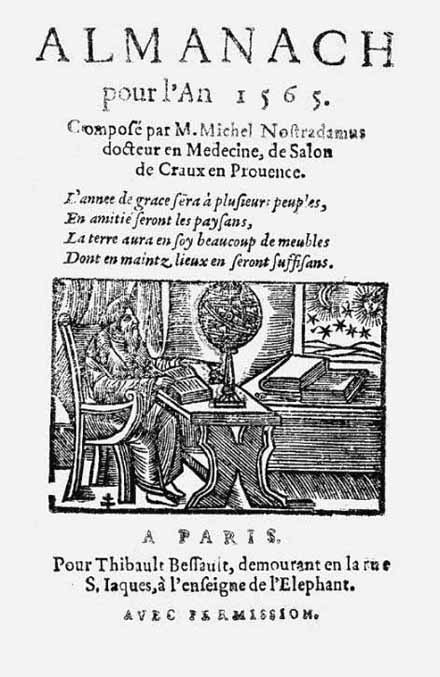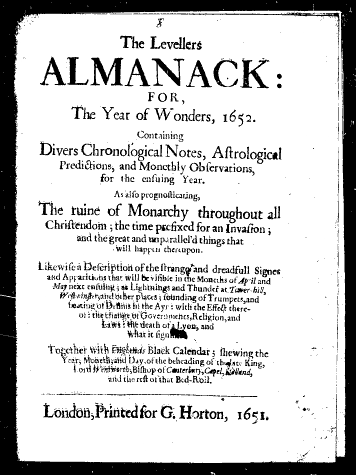17 Print
What changes with print?
the look of a book: typeface, paratext
the book business
- Printers, authors, illustrators
- Legal issues
spread of humanist movement across Europe
examples:
- Aldus Manutius, Venice
- Henricus Stephanus, Paris
- Christophe Plantin, Antwerp
Rise and spread of print
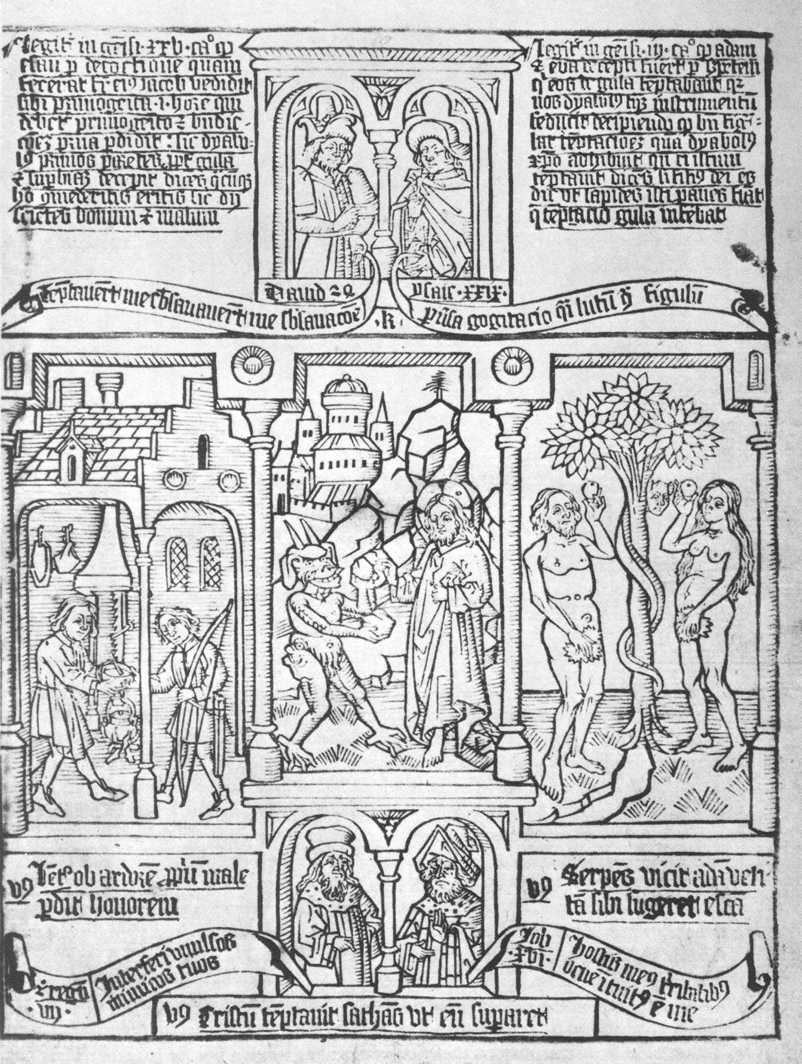
Early printing in Europe:
wood blocks ca 1400
Playing cards, religious prints
for devotions
movable type:
Johann Gutenberg
- of Mainz ca 1440
- first press ca 1450; Bible 1455
Italy: Subiaco (supported by Nicholas of Cusa):
Conrad Sweynheym and Arnold Pannartz
Latin Grammar
Cicero, De oratore; Lactantius; St Augustine
1467 S & P in Rome
1469 printing in Venice
urban literacy (demand)
authors, editors (supply)
distribution networks
Process of printing:
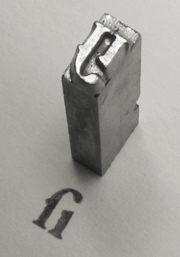 Garamond type ligature Garamond type ligature |
 copy stick and type in its case copy stick and type in its case |
alphabet; punch; matrix—letters cast
Letter cases (upper-lower):
copy text; copy stick
print runs: by 1500, ca 1000
investment
Sales
- Printer’s bookshops
- Itinerants
- Ciarlatani, story-tellers
- other shops
- Book fairs (ex: Frankfurt)

Charlatans in the Piazza San Marco, engraving from Giacomo franco, Habiti d’huomini e donne (Venice, 1609). london, British Museum.

privilege, begun by 1480s
Fonts and typefaces: Gothic (Blackletter)
Aldus Manutius (1449-1515)
humanist ed with Guarino, friend of Pico
former student Alberto Pio (prince of Carpi) offers financial backing
1490: Venice. Cretan scholars
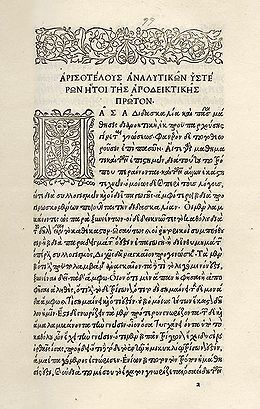
Aristotle edition: Aldus Manutius
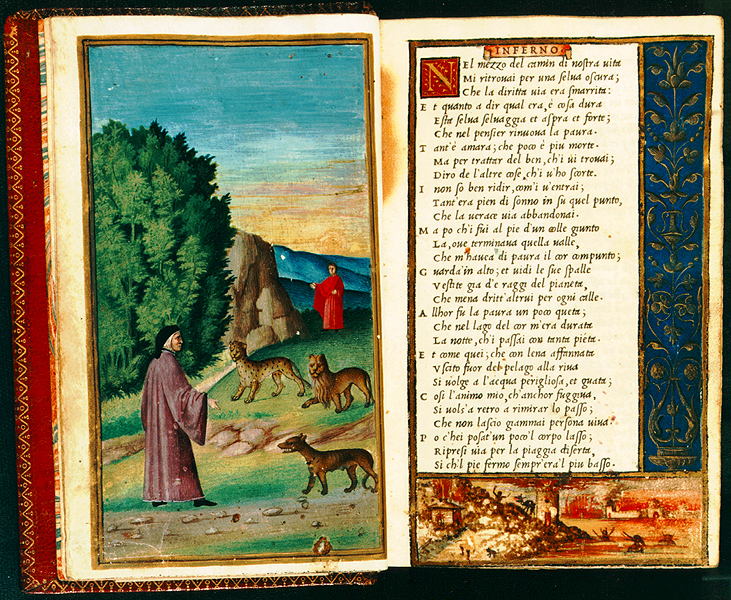
Aldine Commedia (1502) with hand-done illustrations, Newberry Library
1502 New Academy: Greek
Robert Estienne and Estienne Press
Robert 1503-1559
Bible edition (1527-28)
1531:Latin dictionary
connections with King
Royal privilege
King’s printer for Hebrew, Latin works 1539, Greek 1540
official typeface: 1541 Claude Garamond
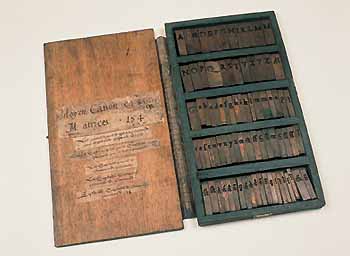
Garamond’s type
Stephanus numbers and Plato
Thesaurus linguae sanctae. Paris: Stephanus, 1548
Christophe Plantin (1520-89)
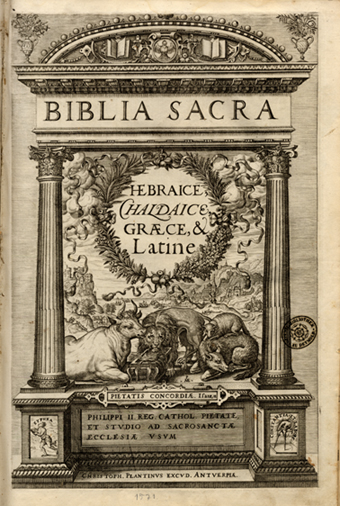
England: Stationers Company: founded 1403
- 1557 exclusive right to print in England
- 1586 printing in London only save 1 press each in Oxford and Cambridge
Roman Index begun 1559, new ones issued periodically
Market segmentation
- Natural Philosophy
- Ephemera: hard to follow now but very important
- legal notices
- religious documents like indulgences
- New kinds of publications
- Calendars; Almanacs; manuals for home remedies; witty or funny stories
- Religious: devotional; controversial
- Vernacular: greater standardization of written languages; wider reading audiences
